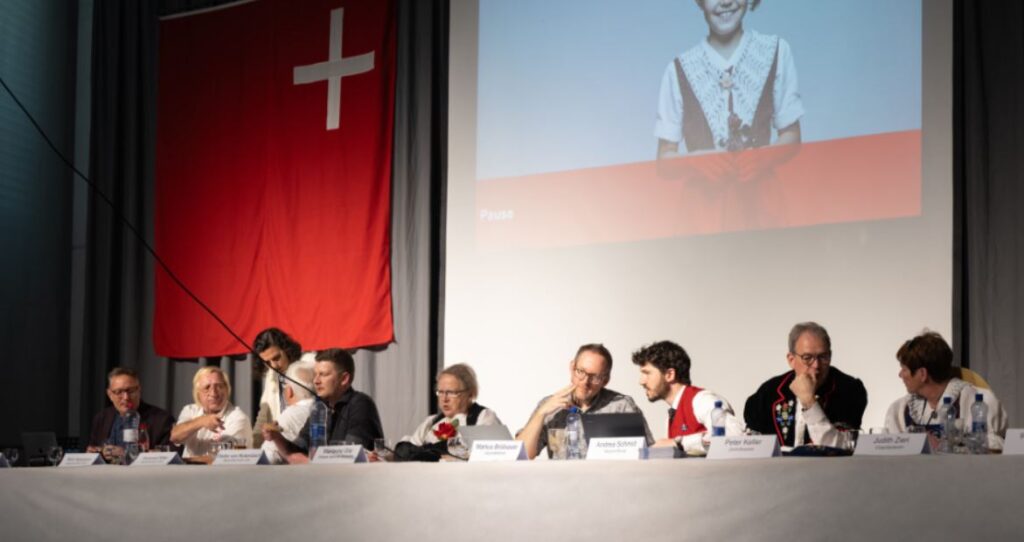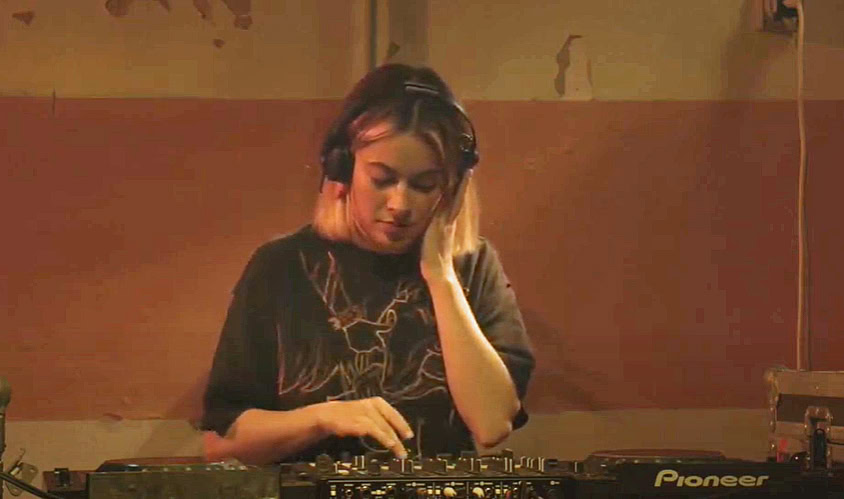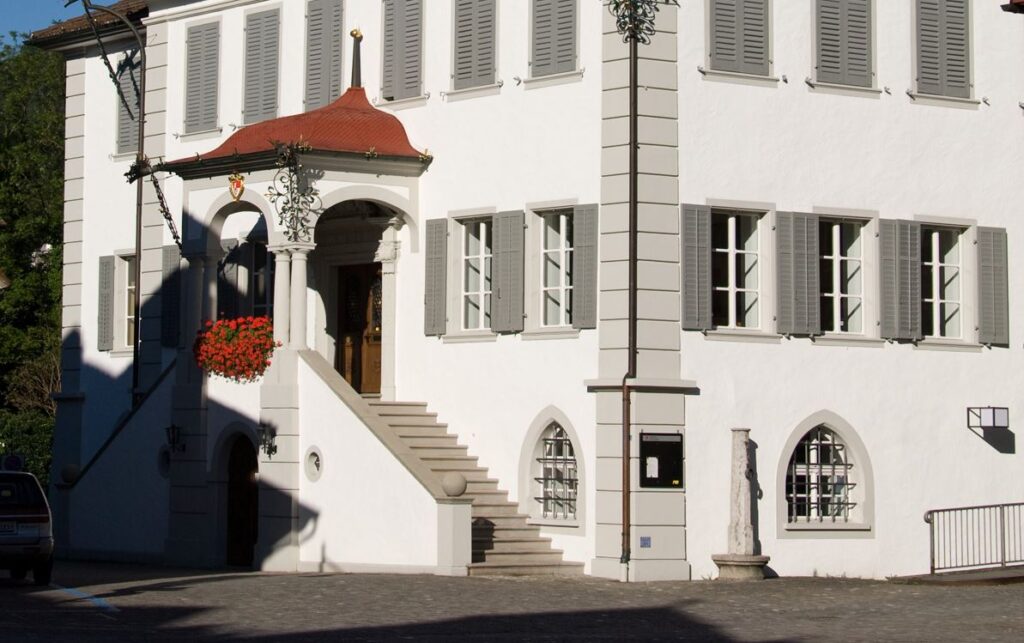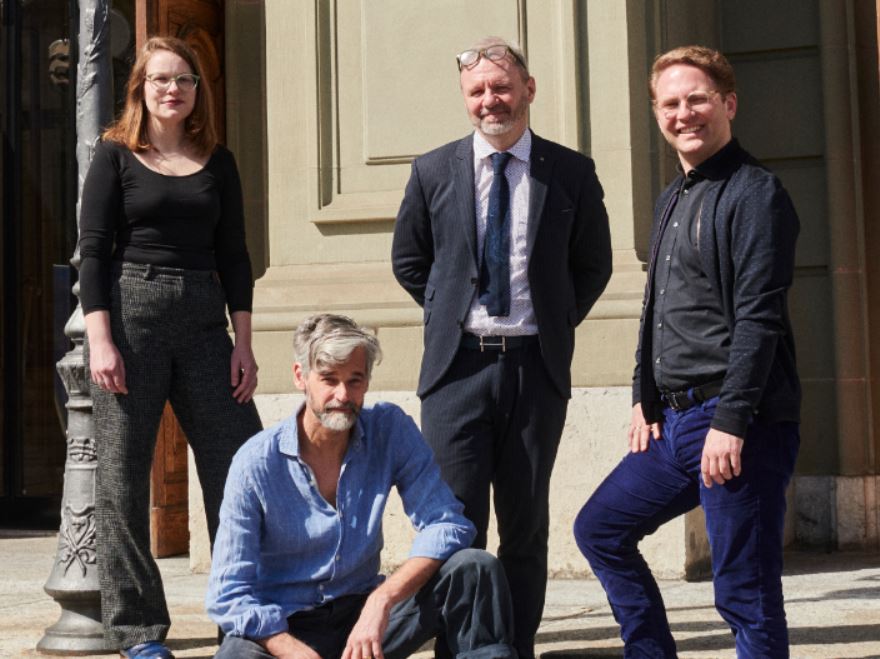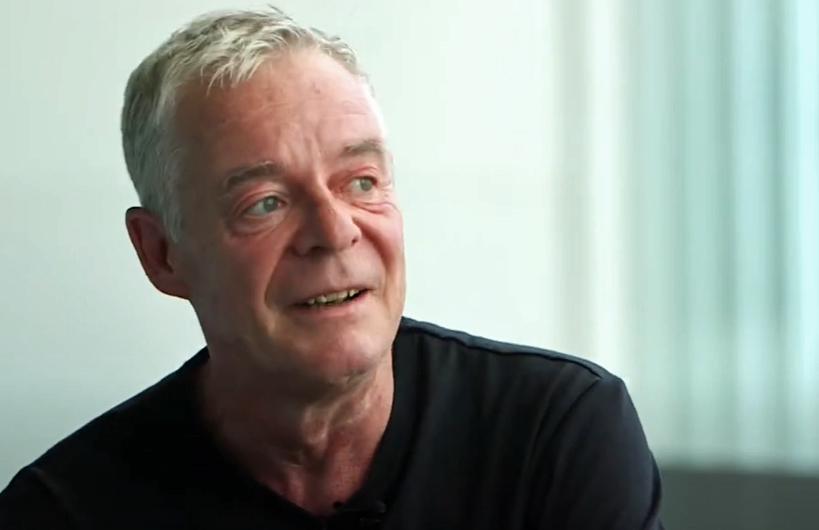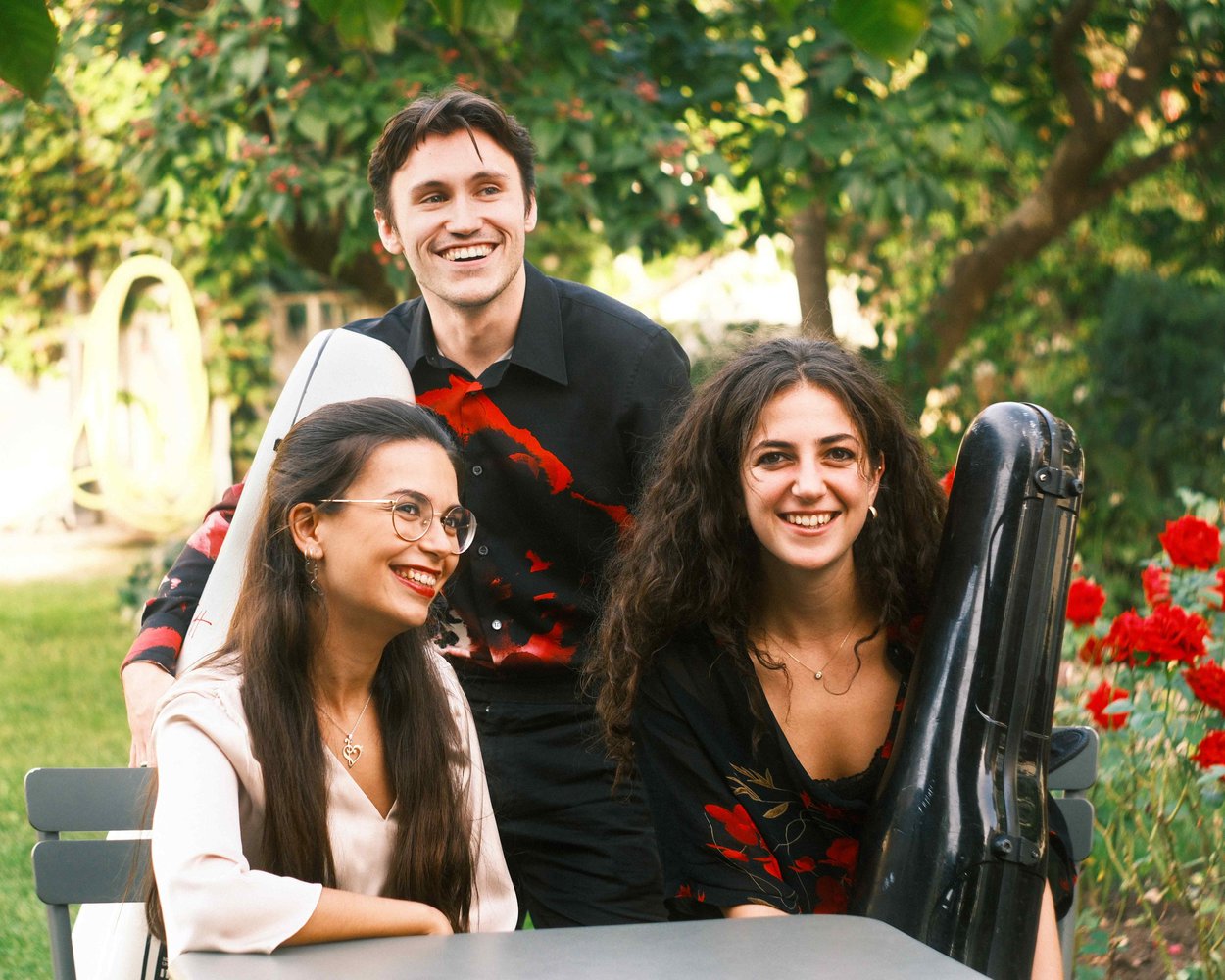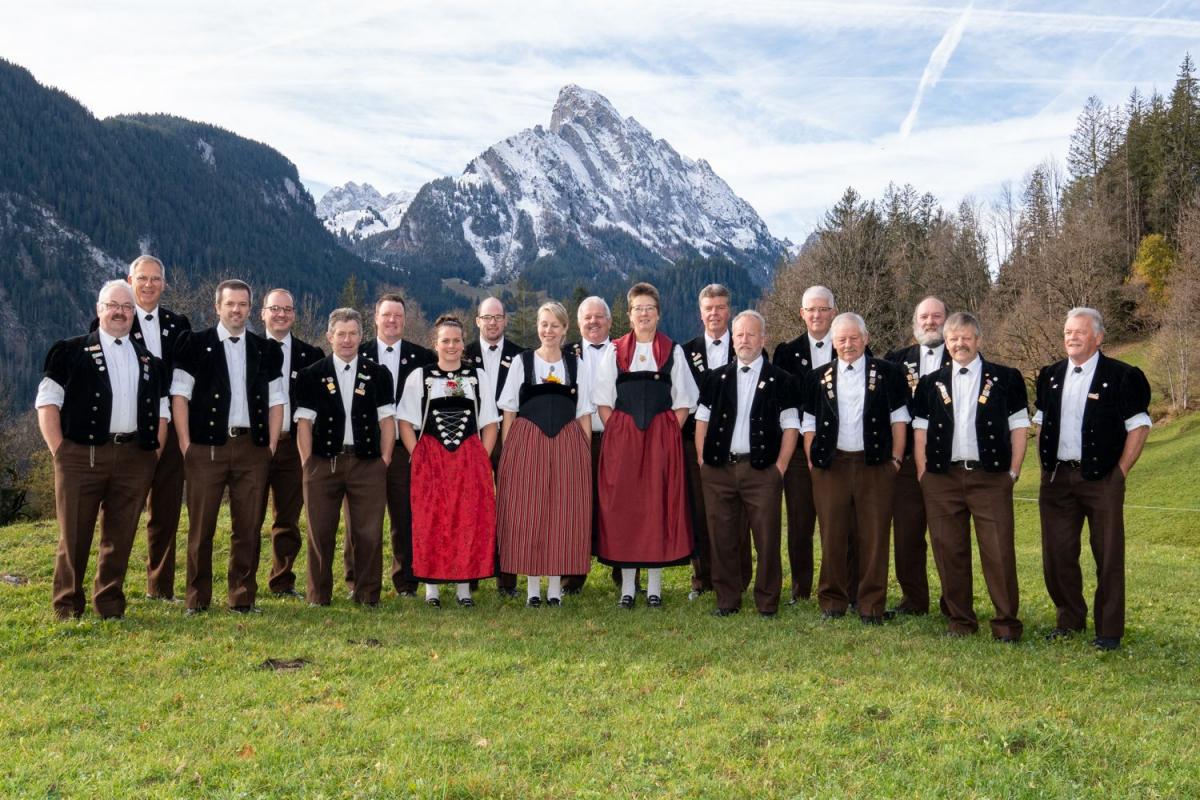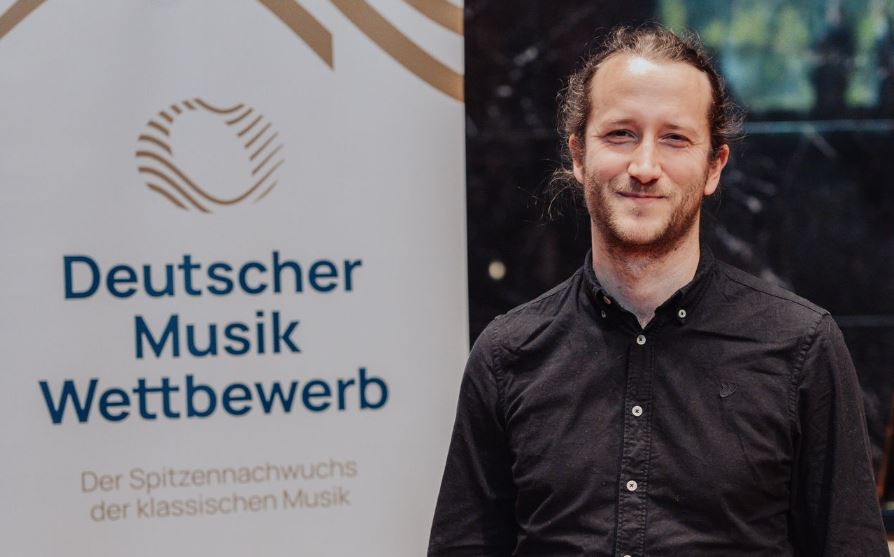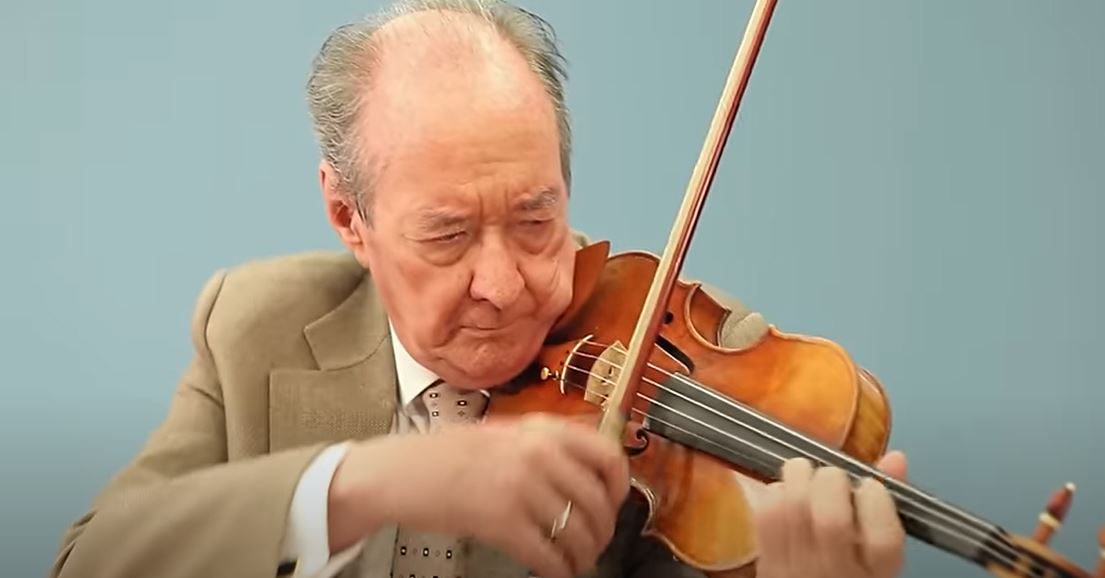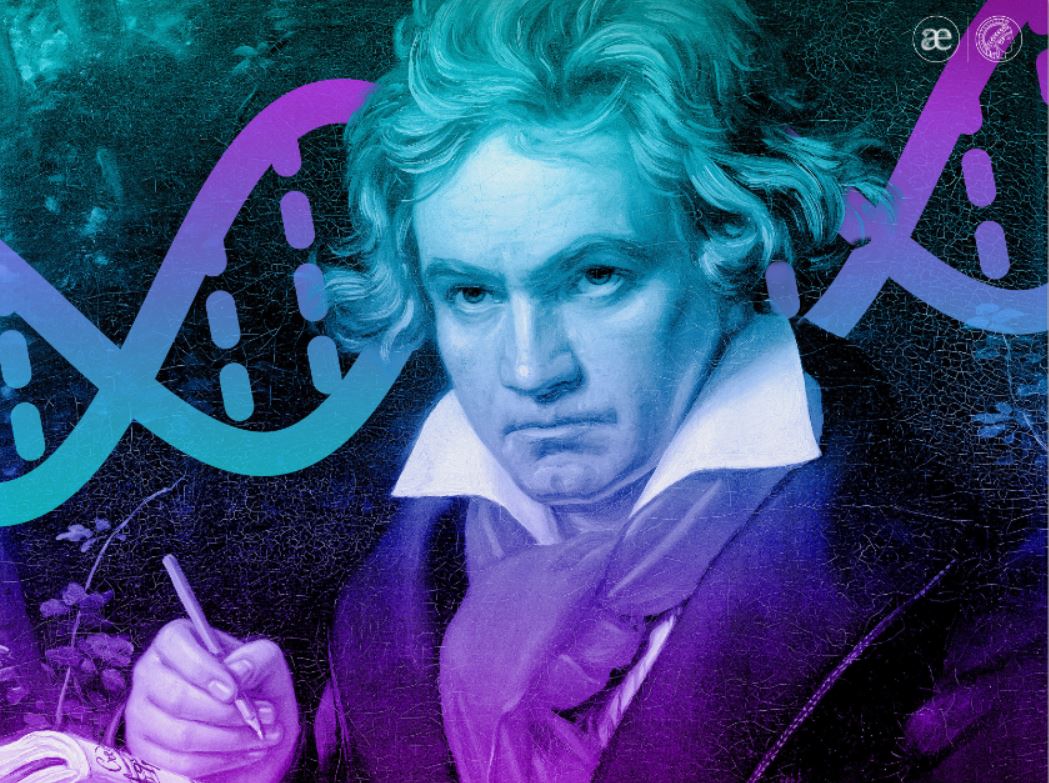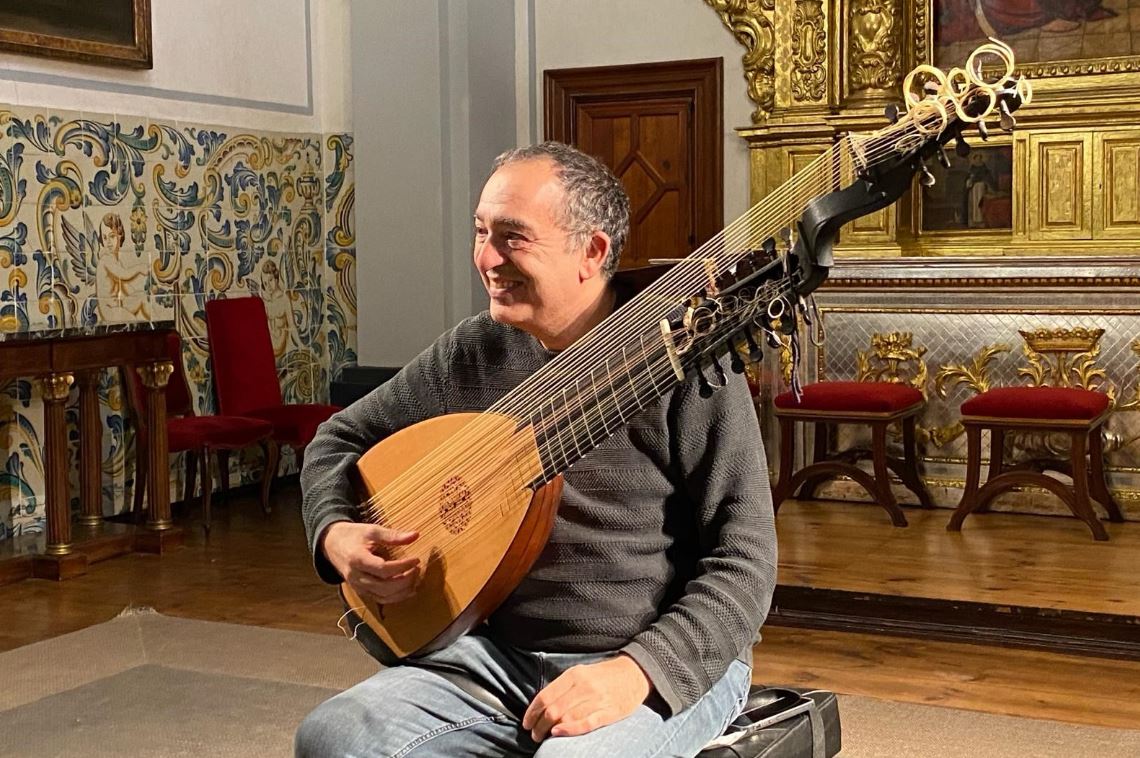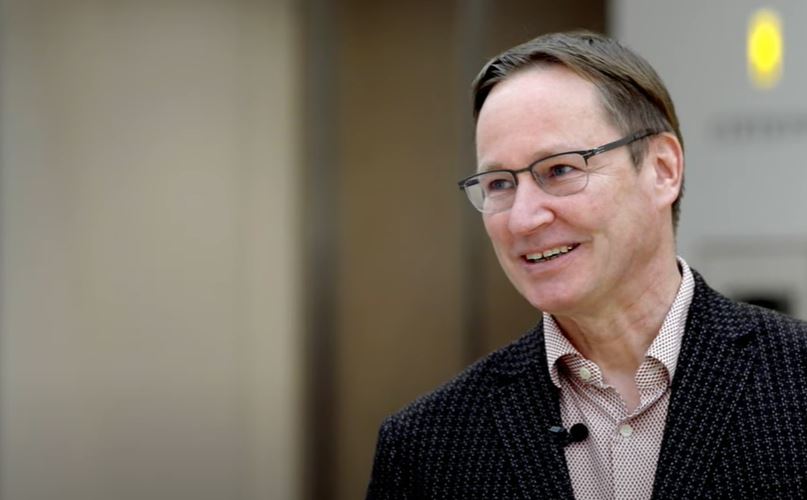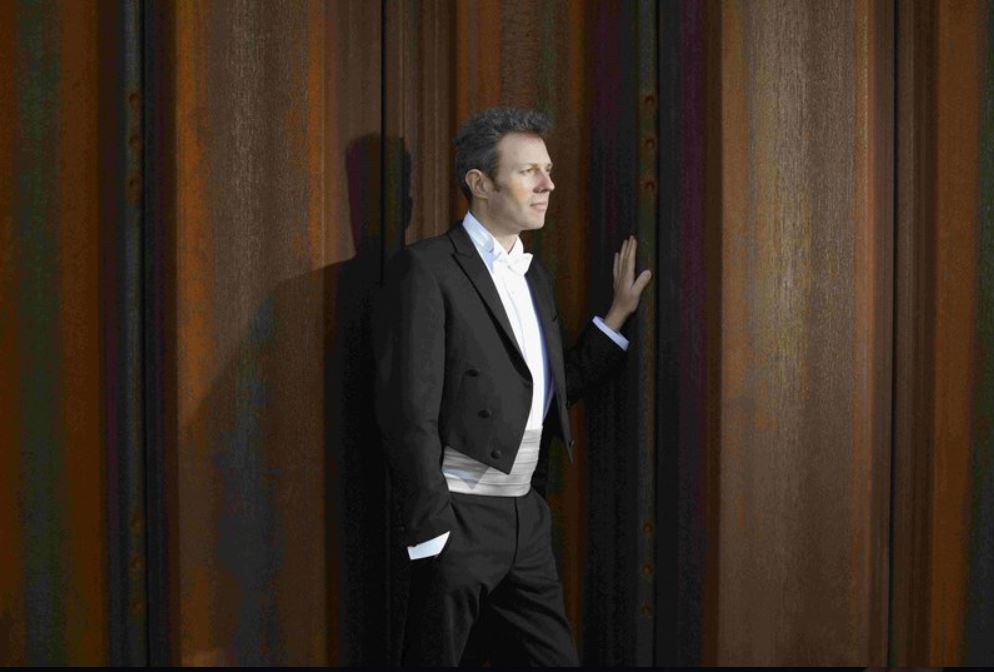Death of Bernese singer Ingrid Frauchiger
According to a statement from her daughter, Bernese singer Ingrid Frauchiger has died at the age of 87.
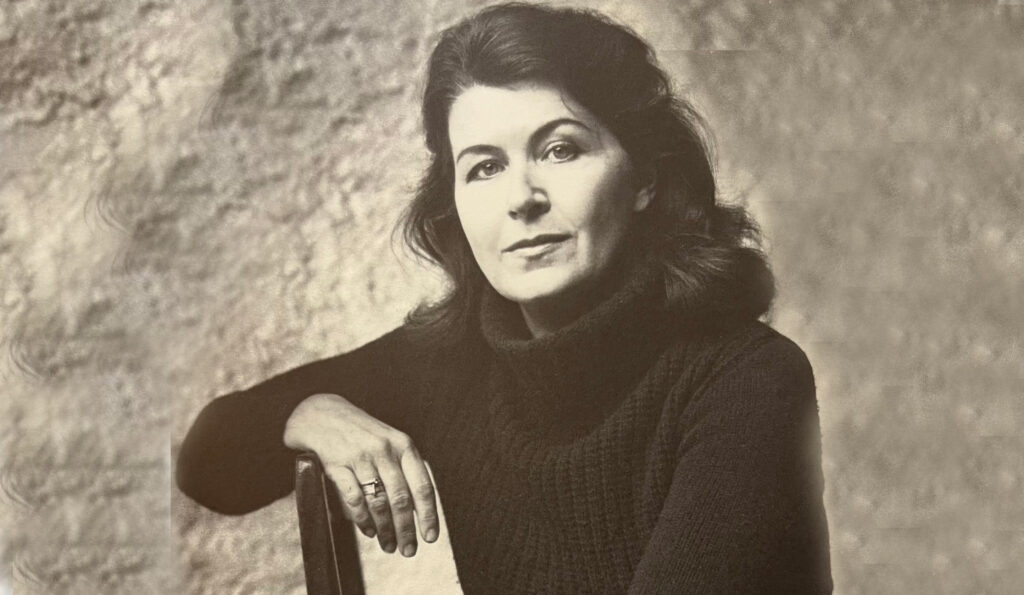
Ingrid Frauchiger studied singing and piano in Freiburg i. Br. As a concert and oratorio singer, she also championed Renaissance music (in historical performance practice) and New Music. She sang over 50 world premieres and many composers wrote new works for her, including Isang Yun, Heinz Holliger, Jürg Wyttenbach, Hans Ulrich Lehmann, Armin Schibler and Norbert Moret. She was also open to musical experiments and improvisations in collaboration with jazz musicians such as Pierre Favre, Jonas Helborg, Runo Erikson and David Dramm.
From 1972 she was professor of singing at the HMT Bern. Master classes took her to the Menuhin Academy in Gstaad and various American universities, among others. In 1986 she was Visiting Professor at the University of California (UCSB).






